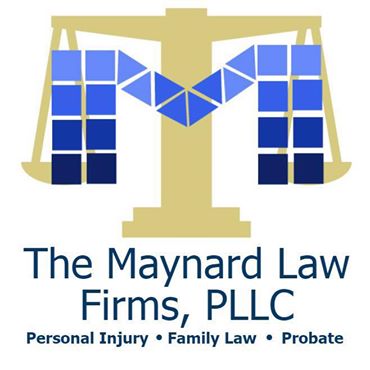Developmental Disability
What does Developmental Disability mean?
A developmental disability is a disability which occurs prior to age 22 and severely limits a child's development in life. Currently approximately 5.4 million Americans have developmental disabilities. Areas that may be affected include the child's ability to engage in activities of daily living, use expressive language, learn, move and live independently. A developmental disability is severe and chronic condition which can be cognitive, physical or a combination of both. Some disabilities are not visible but can result in a lifetime of dependence on either a family member or other publically funded services.
There are a variety of programs to support children who have developmental disabilities. Special education services as well as monthly cash payments may be available to certain families who have a developmentally disabled child. For instance, Supplemental Security Income (SSI) is a monthly cash payment program available from the Federal Government for families who have a developmentally disabled child and very limited resources and income. Adoption regulations distinguish between children with learning disabilities versus children with special needs. Talk to a lawyer if you have questions about how to find the right child for your family.
Lawyers near
Term of the Day
Abuse of a child
Abuse is any act against a child which results in death, serious physical or emotional harm, or sexual abuse.
Category: Adoption






